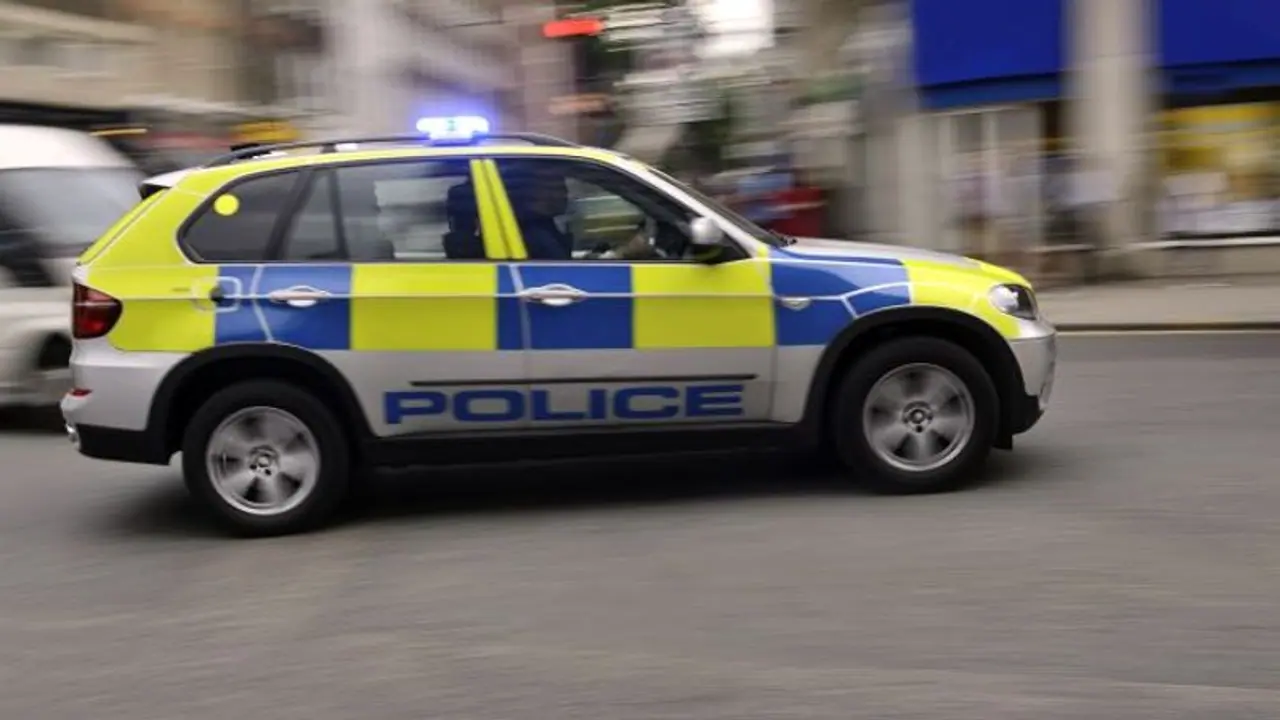Well-known influencers and some mainstream media platforms projected the tension between the communities in Leicester as a consequence of the 'infiltration by a number of groups and ideologies, including Hindu nationalist extremists'.
The September communal violence in Britain's Leicester between Hindu and Muslim communities resulted from a conspiracy by a group of social media influencers, some of whom had terror connections. According to a report by Charlotte Littlewood of the UK-based Henry Jackson Society, a false narrative of organised Hindutva extremism and terrorism was created to stoke violence.

Also Read: UK PM Rishi Sunak reveals his is family excited about Downing Street home
From September 4-20, civil unrest broke out in Leicester -- extending up to Birmingham. Acts of vandalism of property, stabbings, assaults, and attacks on places of worship were witnessed. The report noted that well-known influencers and some mainstream media platforms projected the tension between the communities in Leicester as a consequence of the 'infiltration by a number of groups and ideologies, including Hindu nationalist extremists'.
Charlotte wrote that the social media influencers who peddled narratives of Hindutva extremism included a convicted terrorist offender, a man who has offered prayers to the Taliban and reportedly to the brothers of an ISIL fighter. Accusing the influencers of inflaming community tensions by spreading fake news, the report noted that the peddling of the fake narrative by the mainstream media and collaboration with political leaders to gain sympathy to potentially influence future policy had resulted in a security threat to the Hindu community and attacks on their places of worship.
'Hindu community at risk from hate'
'The media has at times conflated the issue by regularly relying on influencers included in this report for comment and focusing on an issue of Hindutva extremism and India politics rather than providing nuanced and accurate analysis of the incidents,' the report said.
Besides, the investigation carried out by the think-tank showed that those who were accused of being 'Rashtriya Swayamsevak Sangh terrorists' had no links to nor an understanding of the right-wing organisation.
'A close review of the relevant police incident reports and interviews with those who organised the Hindu march and were accused of being RSS terrorists do not appear to show any clear or demonstrable links with known terrorist organisations. This report does not and cannot, with current evidence to hand, assert there is no Hindu nationalist extremism in the UK but it evidences that those who organised the Hindu protests were not and are not as yet members of any extremist or terrorist organisation,' the report said.
'False allegations of RSS terrorists and Hindutva extremist organisations active in the UK has put the wider Hindu community at risk from hate, assault and vandalism,' the report added.
So what triggered the violence?
According to Charlotte, the issue stems from a confrontation between a Hindu from Daman and Diu, who recently migrated to the area and their Muslim neighbours. The LE5 postcode area is Muslim-dominated, and newcomers' holding festivals was perceived as disruptive by existing residents. Also compounding the issue were issues like public consumption of alcohol.
The report said that social media influencers and some mainstream media platforms presented this as infiltration of Hindu nationalist extremists and RSS terrorists in the area.
The report cited MP Claudia Webbe as saying that some constituents had cited nationalism as a factor. She also pointed to 'local grumbling' about partying, noise and the beeping of horns after celebrations such as those for Indian Independence Day on August 15.
Also Read: Baba Vanga's shocking 2023 predictions: Alien attack, nuclear explosion and more
